SUMMARY
This is AI generated summarization, which may have errors. For context, always refer to the full article.
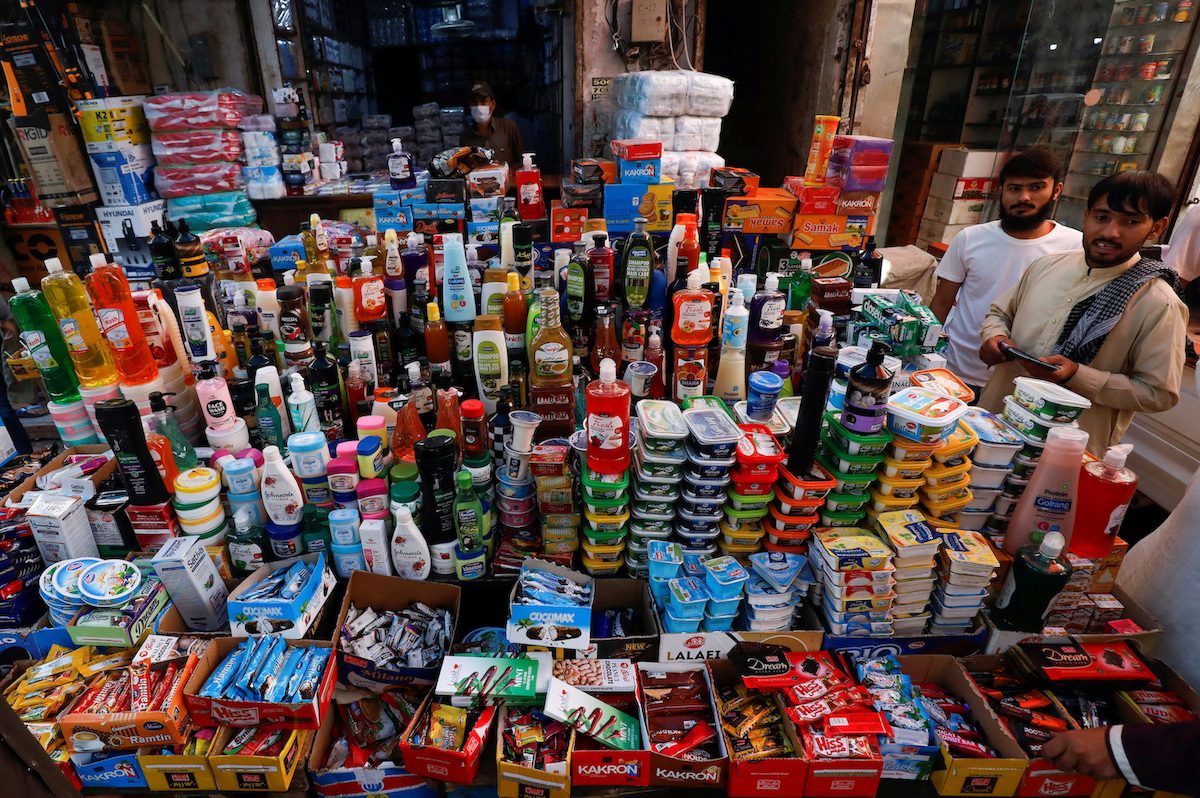
KARACHI, Pakistan – Pakistan’s consumer price index (CPI) jumped to 31.5% in February year-on-year, the statistics bureau said on Wednesday, March 1, the highest annual rate in nearly 50 years, as food, beverage, and transportation prices surged more than 45%.
February’s 31.5% rate is the highest since 1974, a spokesperson for the Pakistan Bureau of Statistics told Reuters, adding that yearly average inflation for the 1973-1974 financial year was 32.78%.
Prices were up 4.3% last month from the month before, the bureau said in a statement. In January, the CPI increased 27.55% year-on-year.
Food and non-alcoholic beverage prices rose by 45.07% over last year, while alcoholic beverage and tobacco prices jumped 47.59% due to an increased tax on cigarettes.
In February, the government passed a supplementary bill that lifted the goods and services tax to 18% from 17% to help raise 170 billion rupees ($639 million) in extra revenue for the fiscal year through July.
The government is undertaking belt tightening, aims to increase revenues through taxes, and has allowed the rupee to depreciate as it thrashes out a deal with the International Monetary Fund (IMF) to secure more than $1 billion in funding.
The rupee shed 1.73% closing at 266.11 rupees against the greenback on Wednesday. The rupee has depreciated nearly 15% since the start of the calendar year, adding to inflation.
“This is still not the peak. March is expected to be higher. Food prices are expected to go even higher as we approach Ramadan,” says Fahad Rauf, head of research at Ismail Iqbal Securities, a local brokerage firm.
Mustafa Pasha, chief investment officer at Lakson Investments, said, “Inflation is expected to continue rising in the months ahead as IMF-mandated structural adjustments and currency devaluation filter through the supply chain.”
Core inflation increased 17.1% and 21.5% year-on-year for urban and rural centers respectively.
“Core inflation is something the central bank will need to keep an eye on when deciding the quantum of increase for the policy rate,” Pasha said.
Investors expect the State Bank of Pakistan to raise its key policy rate by 200 basis points in an off-cycle meeting on Thursday, March 2.
Rauf added that the accelerating rate of core inflation further raises the possibility of a bigger hike. – Rappler.com
Add a comment
How does this make you feel?
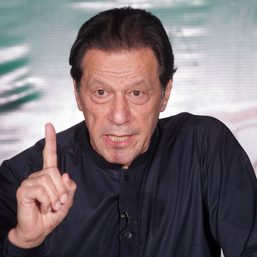
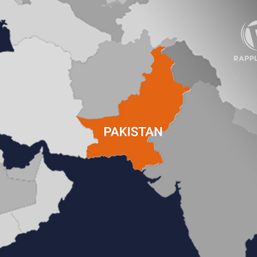
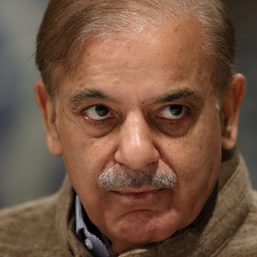
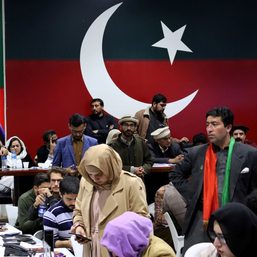
There are no comments yet. Add your comment to start the conversation.